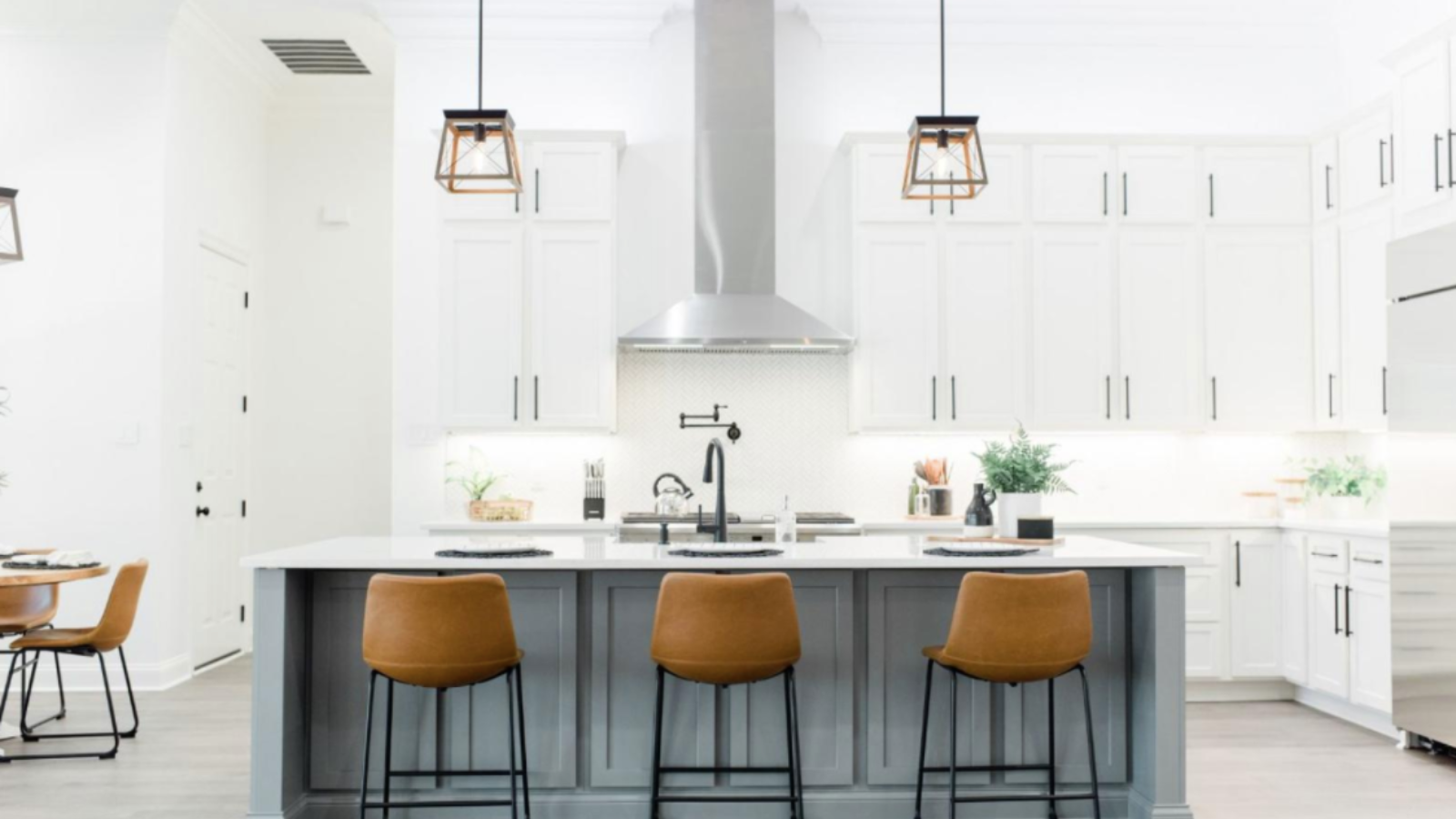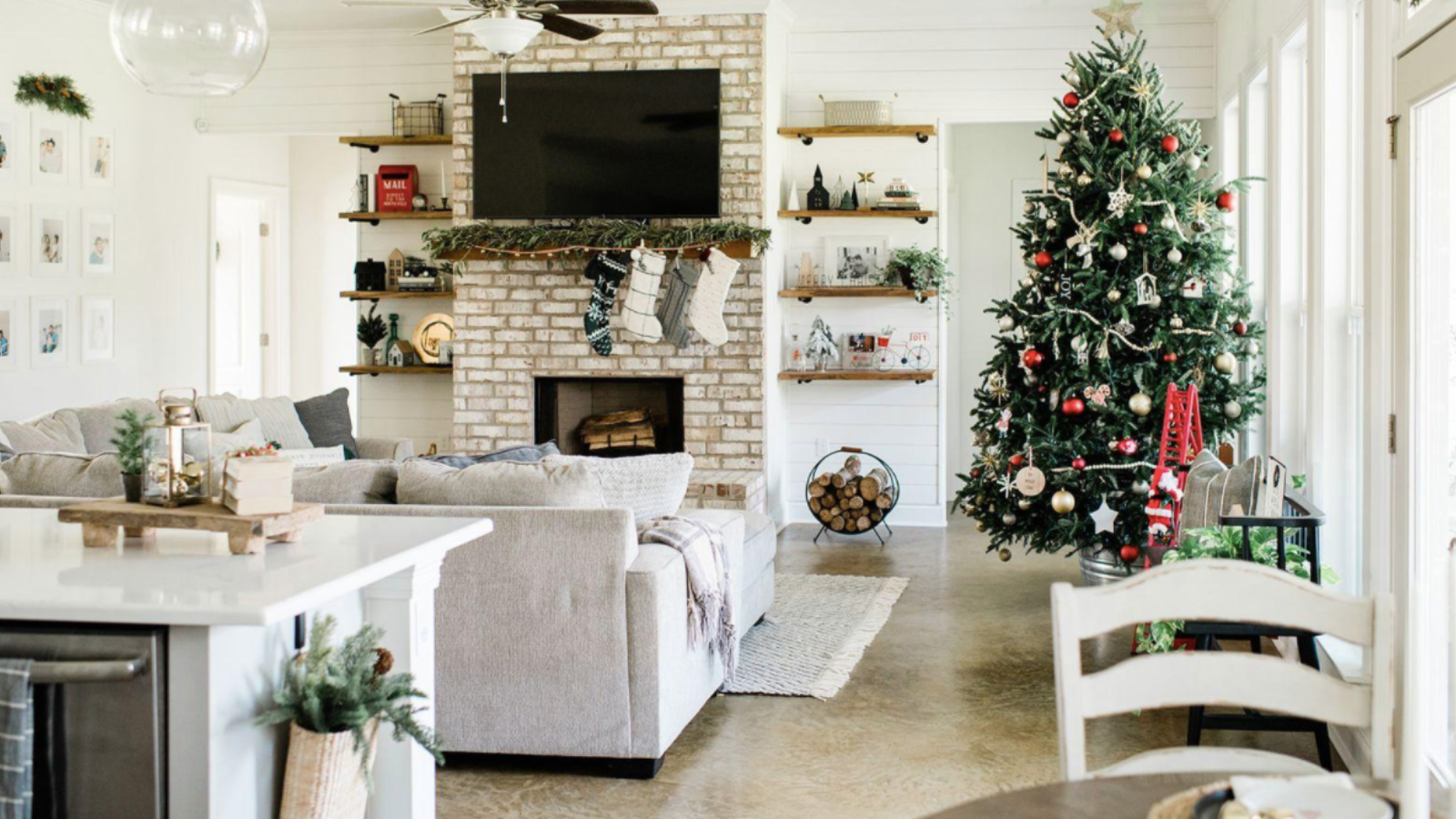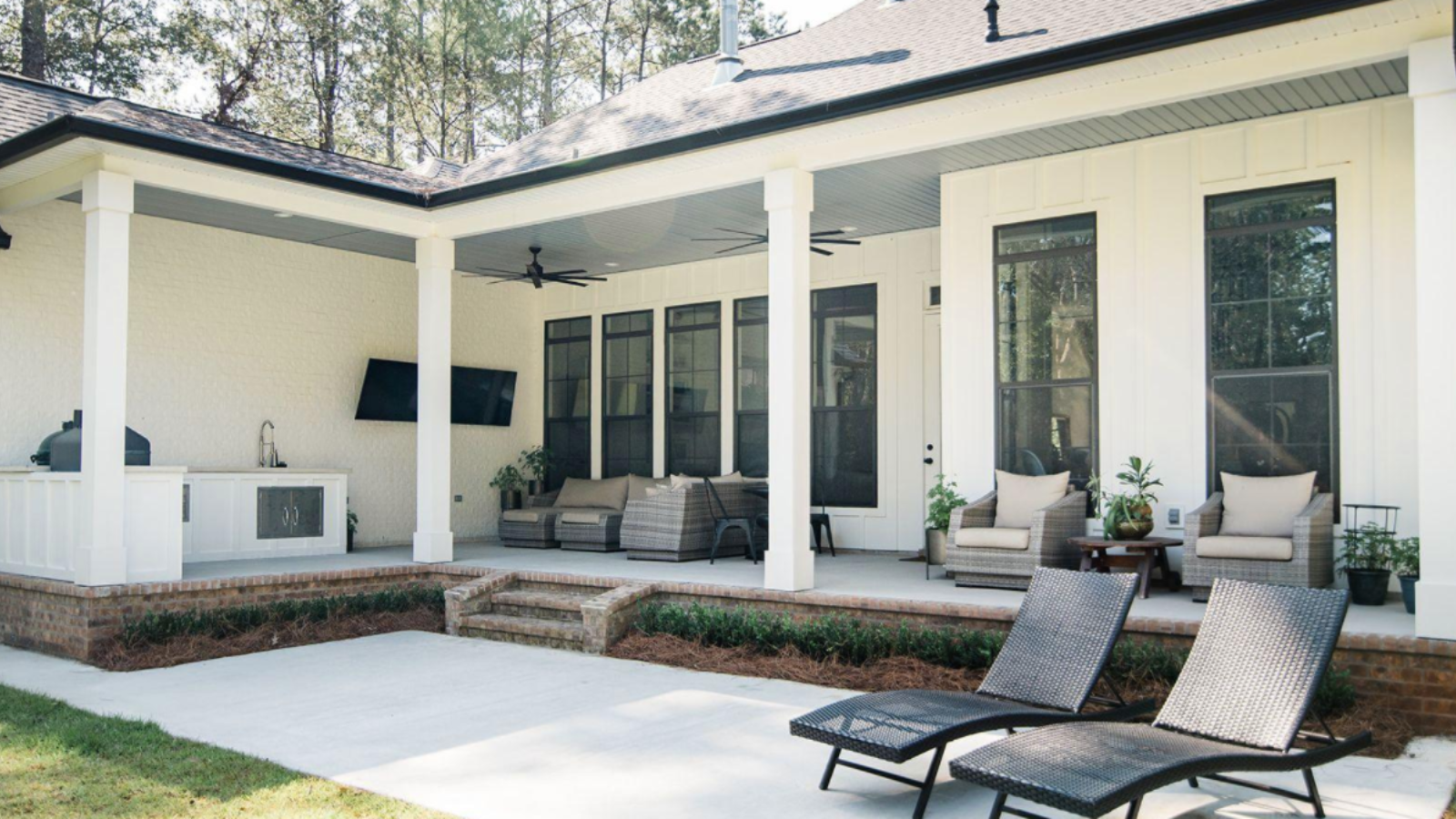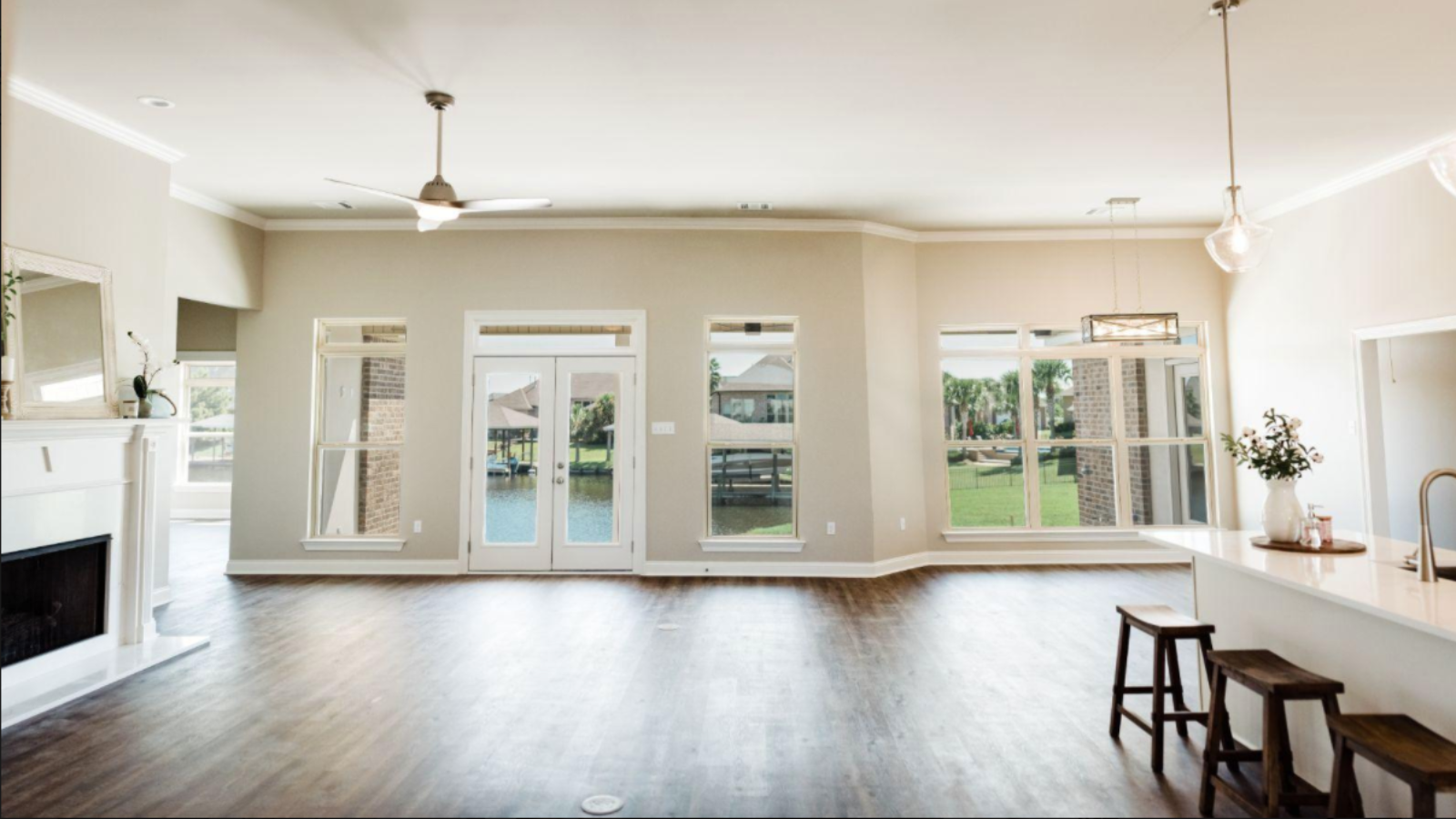News
Things to Consider When Picking a Location to Build

Why Location is the Most Critical Decision You’ll Make
If there’s one piece of advice we give all future homeowners, it’s this: location isn’t just important—it’s everything. You can design the perfect home, but if you put it in the wrong spot, it’ll never truly feel right. Let’s dig into why choosing the right location matters more than you think.
You Can Change the House, Not the Land
Imagine you buy the perfect pair of shoes, but they’re two sizes too small. No matter how great they look, you’ll always feel uncomfortable. That’s exactly what happens when you pick the wrong location. You can renovate, expand, or upgrade your home—but you can’t pick it up and move it.
The Long-Term Impact of Location on Home Value
Real estate experts have a saying: “Buy the worst house in the best neighborhood, not the best house in the worst neighborhood.” That’s because location drives long-term value. Whether you plan to live there forever or sell later, your home’s worth is tied to where it sits.
Understanding Your Lifestyle Needs
Before you fall in love with a piece of land, ask yourself—does this fit my lifestyle?
Proximity to Work, Schools, and Essentials
Do you really want to spend an hour in traffic every day? Think about your commute, your kids’ schools, and how close you are to grocery stores, doctors, and other essentials.
Community Vibe and Social Environment
Are you looking for peace and quiet, or do you love a buzzing neighborhood with coffee shops, parks, and weekend events? The community vibe can shape your daily life more than you realize.
Evaluating Neighborhood Growth and Development
Today’s empty fields might be tomorrow’s busiest shopping centers.
Future Infrastructure and Community Plans
Check city or parish development plans. Are there upcoming highways, schools, or commercial zones? These projects can boost your home’s future value—or bring unwanted noise and traffic.
Property Value Trends in the Area
Look at property value trends. Is the area growing in demand, or are values declining? A great location today should still feel like a smart choice five, ten, or twenty years from now.
Zoning, Restrictions, and Building Codes
It’s not just about where you build, but what you’re allowed to build.
Local Zoning Laws That Could Limit Your Plans
Zoning determines whether you can build a home, a workshop, or even park your RV. Always check local zoning to make sure your dream home is actually allowed.
HOA Rules and Community Guidelines
If you’re building in a neighborhood with an HOA, read the rulebook. Some HOAs limit things like fence height, paint colors, or even the type of landscaping you can install.
Lot Features That Affect Your Build
Not all land is created equal.
Lot Size and Shape
Will the lot fit the home design you have in mind? Long, narrow lots and odd shapes can limit your layout options.
Soil Quality and Drainage
No one wants a sinking foundation or a flooded backyard. Get a soil test and evaluate drainage before you buy.
Sun Exposure and Natural Elements
Want natural light in your living room or shade in your backyard? Pay attention to how the sun moves across the lot. It makes a bigger difference than you’d expect.
Utilities and Access
Availability of Water, Sewer, and Power
Does the lot have access to public utilities, or will you need to install a well or septic system? Connecting to power, water, and sewer services can add thousands to your budget.
Road Access and Emergency Services
Can emergency vehicles easily reach your home? Is the road well-maintained? These details often get overlooked but are crucial for safety and convenience.
Environmental and Weather Considerations
Flood Zones and Storm Risks
Louisiana weather can be unpredictable. Always check flood zone maps and storm risk assessments to avoid costly surprises later.
Noise, Air Quality, and Wildlife
Is the lot near a highway or industrial site? Are there protected wetlands or wildlife that could limit construction? Take the time to investigate before you commit.
Your Personal and Financial Goals
Long-Term Investment Potential
Are you buying just for today, or are you thinking 10–20 years ahead? The right lot should support your lifestyle and grow your investment.
Lifestyle vs. Budget Balance
Can you afford both the land and the home you want to build? Sometimes the perfect lot comes with trade-offs. Know your priorities before you stretch your budget too thin.
Partnering with a Trusted Homebuilder
At Cretin Townsend Homes, we do more than build houses—we help families build their futures.
With decades of experience building in Louisiana, we know what works—and what doesn’t. We help you avoid costly mistakes and make choices you’ll feel good about for years to come.
Conclusion: Build Smart, Live Better
Choosing the right location isn’t just the first step—it’s the foundation for your entire homebuilding journey. Take the time to explore your options, weigh your lifestyle needs, and work with a builder who puts your goals first. At Cretin Townsend Homes, we’re here to help you build smart and live better.
FAQs
1. What is the most important factor when choosing a lot?
The most important factor is how well the location fits your lifestyle, budget, and long-term goals.
2. Should I buy land before hiring a builder?
While you can, it’s always smarter to consult with your builder first. They can help you evaluate the land’s buildability and hidden costs.
3. How do I check if land is buildable?
Check local zoning laws, get a soil test, review flood zone maps, and confirm access to utilities before purchasing.
4. What hidden costs should I watch out for when buying land?
Look out for utility connections, soil improvements, drainage work, and legal fees like permitting or title searches.
5. Can Cretin Townsend Homes help me find land?
Absolutely! We help our clients find, evaluate, and purchase the perfect lot to fit their dream home.




